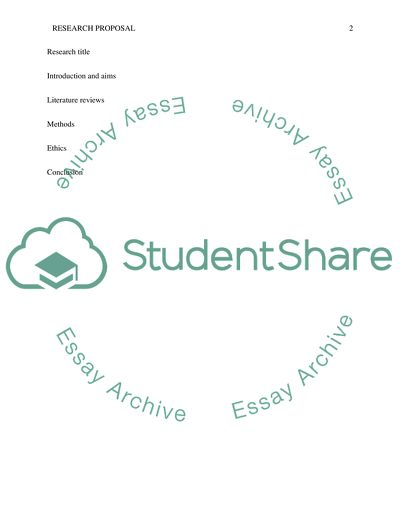Cite this document
(The Effectiveness of Questionnaires in the Collection of Information Essay - 3, n.d.)
The Effectiveness of Questionnaires in the Collection of Information Essay - 3. Retrieved from https://studentshare.org/education/1857303-research-proposal
The Effectiveness of Questionnaires in the Collection of Information Essay - 3. Retrieved from https://studentshare.org/education/1857303-research-proposal
(The Effectiveness of Questionnaires in the Collection of Information Essay - 3)
The Effectiveness of Questionnaires in the Collection of Information Essay - 3. https://studentshare.org/education/1857303-research-proposal.
The Effectiveness of Questionnaires in the Collection of Information Essay - 3. https://studentshare.org/education/1857303-research-proposal.
“The Effectiveness of Questionnaires in the Collection of Information Essay - 3”, n.d. https://studentshare.org/education/1857303-research-proposal.


